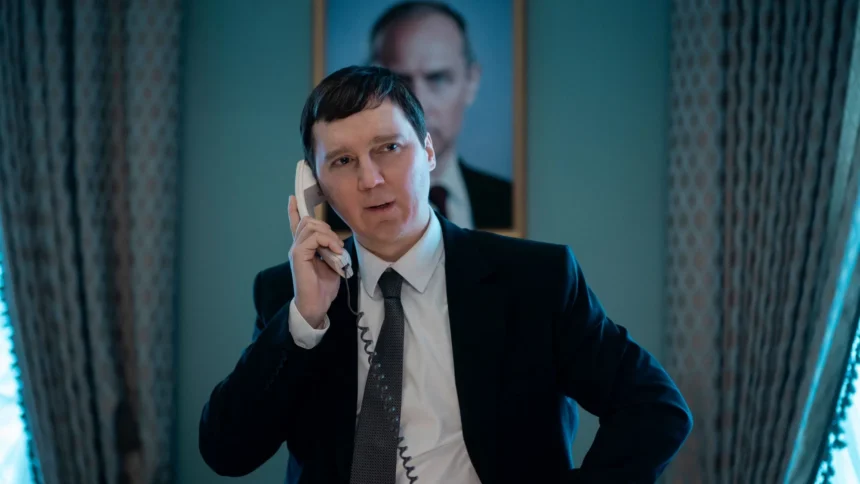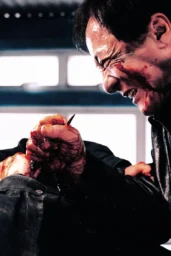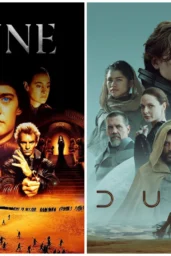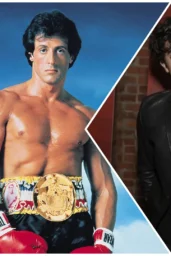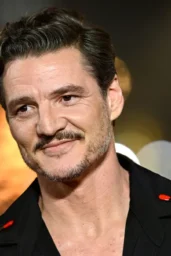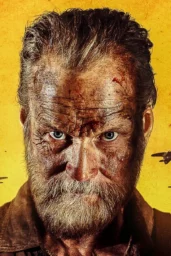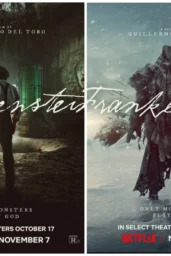There's a special kind of electricity when a festival clip drops—not the studio-polished trailer, not the over-marketed sizzle reel, but a jagged shard of cinema. The one that makes you lean in and think: oh, this is going to sting. That's exactly what Oliver Assayas' The Wizard of the Kremlin delivered this week at the 82nd Venice International Film Festival, where the film world-premiered on August 27, 2025.
The clip introduces Paul Dano as Vadim Baranov, a once-avant-garde artist turned political fixer whose fingerprints are all over Vladimir Putin's ascent in the 1990s. Dano plays him with the kind of skin-crawling subtlety that suggests complicity without caricature. You watch, and you're caught between fascination and nausea—like rubbernecking a car crash in slow motion.
Assayas isn't dealing in cheap provocation here. The film, adapted with Emmanuel Carrère from Giuliano da Empoli's acclaimed 2022 novel, digs into the machinery of power itself—the PR sleight of hand, the narratives spun until truth evaporates. “I knew nothing about the process that brought Putin to power – and I found it utterly compelling,” Assayas admitted in his director's notes. That outsider's astonishment might be why the film feels less like propaganda and more like a fever dream pulled straight from recent history.
The casting choices are almost wickedly on-the-nose. Jude Law as Putin? Cold steel with charm to spare. Alicia Vikander as Ksenia, Baranov's restless wife, caught between a hunger for freedom and the gilded cage of influence. Will Keen steps in as Boris Berezovsky, the oligarch who first enabled and then opposed Putin—his tragic arc practically begging for cinematic resurrection. Even Jeffrey Wright and Tom Sturridge slide in to fill the supporting web of power, corruption, and delusion.
Assayas has always had a thing for haunted professionals—actors in Irma Vep, journalists in Carlos, cultural interpreters in Personal Shopper. Now he turns that lens on a spin doctor who scripts a nation's fate. And Dano? He's the linchpin. Assayas praised his “kaleidoscope of choices,” a line that sticks because it doesn't just sound like director-speak—it sounds like fear. When an actor offers too many truths, which one do you choose? Which one damns the character most?
The production carries its own heft: produced by Oliver Delbosc (Curiosa Films) and Sidonie Dumas (Gaumont), with the participation of France 2 Cinéma, France Télévisions, and Disney+. Gaumont handles distribution and sales, ensuring the film won't be confined to festival whispers. This is built to travel, to sting wider audiences.
Anyway. Watching this clip, you feel the dissonance of cinema colliding with the real world. Gorgeous framing, elegant performances—and beneath it, the reminder that politics isn't just headlines. It's theater. Sometimes grotesque, sometimes seductive. Assayas knows that, and he weaponizes it.
‘The Wizard Of The Kremlin' Clip: Watch Paul Dano Play Putin Adviser In Venice Contender
What You Should Know About The Wizard of the Kremlin
Paul Dano commands the screen
His Vadim Baranov isn't loud, but quietly venomous—a man who bends reality without raising his voice.
Oliver Assayas tackles power head-on
This isn't a biopic of Putin; it's a dissection of the machinery that builds leaders out of myths and media.
The Venice premiere adds weight
Premiering on August 27, 2025, the film entered the festival already buzzing with political and artistic intrigue.
A cast built on contrasts
Jude Law's iciness, Vikander's restlessness, Keen's tragedy—the ensemble balances charisma with corrosion.
Adapted from award-winning material
The screenplay draws from Giuliano da Empoli's 2022 novel, itself inspired by Putin's real spin doctor Vladislav Surkov.
So here we are—another festival, another piece of cinema that dares to scrape at the raw edges of history. Some will call it provocative. Some will call it exploitative. But me? I'll just say this: films like The Wizard of the Kremlin remind us that the line between truth and performance is thinner than we'd like to admit.
What do you think—does this kind of political cinema deepen our understanding, or just play into the spectacle?

